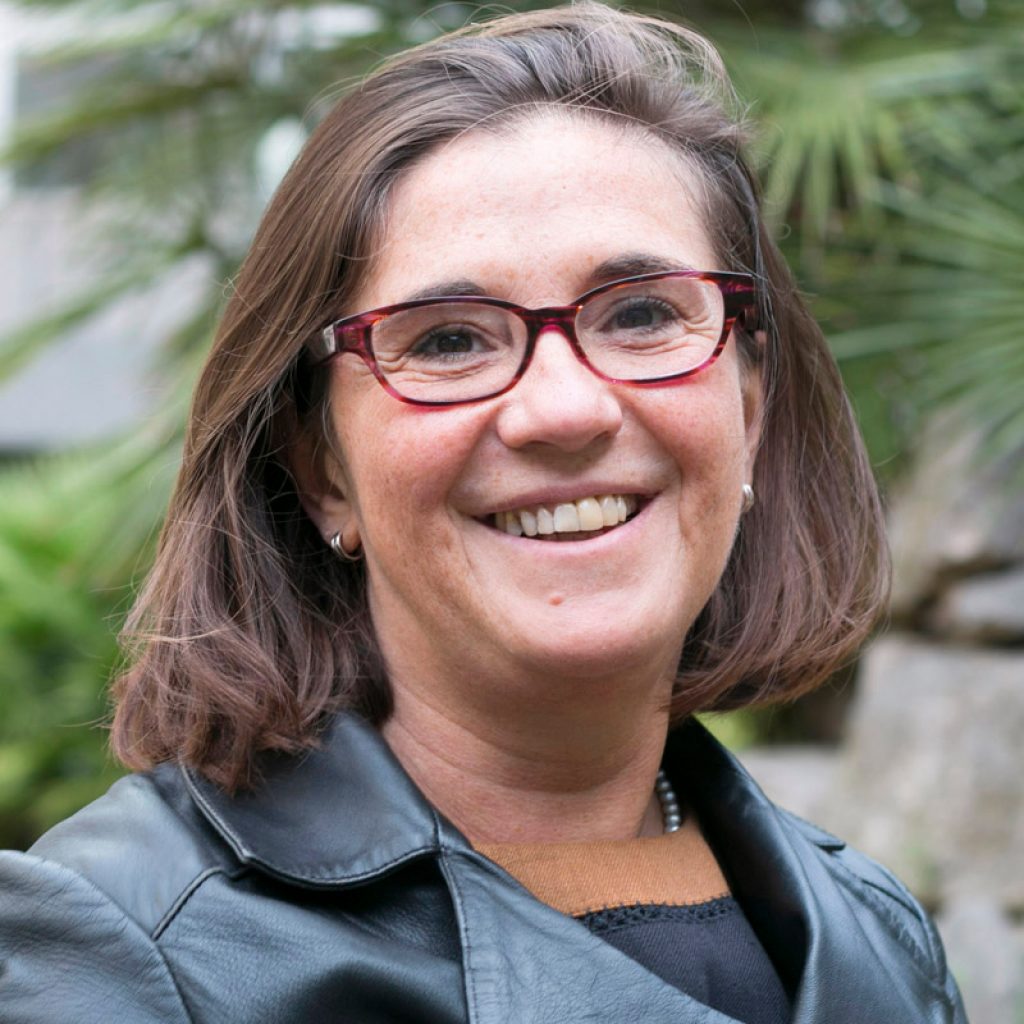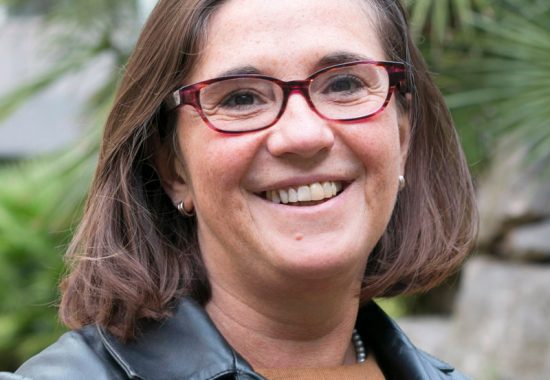
We are proud to announce that Gabriella Vigliocco, PhD, was recently named among the 2021 Fellows of the Cognitive Science Society, a global professional organization that connects scientists from diverse research fields to advance our understanding of the human mind. Fellows are elected yearly based on the sustained excellence and impact of their research on the Cognitive Science community.
Founded in 1979, the Cognitive Science Society has selected fewer than 200 scientists to be honored as Fellows. Dr. Vigliocco now holds this prestigious distinction among renowned researchers, including Alfonso Caramazza, Noam Chomsky, Steven Pinker, Susan Carey, and Michael Posner.
A Professor of the Psychology of Language at that University College London and a Scientist in Residence at MossRehab Research Institute (MRRI) since 2017, Dr. Vigliocco discusses her research and this exciting honor.
Q: What were your initial thoughts when first receiving the news about becoming a Cognitive Science Society Fellow?
I was really excited, it is a great honor! And it is always incredibly nice that someone among your peers nominated you without knowing it. It is an important reminder that we should find time to promote the work of others.
Q: Is there a particular Fellow who you particularly respect or have considered a role model?
There are many on that list that I’ve considered as role models: Larry Barsalou, Kay Bock, Gary Dell, Pim Levelt, Jay McClelland, Susan Goldin-Meadow, and Barbara Twersky.
Q: Can you describe some of your works’ key findings and their impacts on the cognitive science community?
I’d like to think that I’ve contributed to and led a shift in the fields of psychology, neuroscience, and linguistics from studying language as a symbolic capacity that was evolved, learned, and used separately from the rest of human cognition, to one in which language is grounded in basic sensorimotor functions that should be studied in its ecological niche.
Our work on abstract concepts is one example of precisely moving our thinking of language and conceptual knowledge from purely symbolic to grounded. My group provided the first evidence that abstract words and concepts (e.g., idea) are rooted in the neural system processing emotions rather than high-level symbolic operations. Thus, we brought attention to emotional experience as key in providing grounding to concepts (going beyond a sensory-motor view of embodiment). This finding resulted serendipitously while re-assessing the difference between concrete and abstract word processing. It was a genuinely new discovery and took us some time to convince the cognitive science community. Our finding has important implications for development. We have demonstrated that younger children are better able to learn abstract words that have emotional connotations.
Our current work investigates language learning and processing in its ecological niche ( face-to-face communication). Language is usually defined as speech or text, ignoring the multimodal cues that accompany speech in face-to-face communication. This is despite the fact that the brain learns and processes language mostly in face-to-face contexts. In our current work, we focus on the multimodal cues (points, gestures, object manipulations, eye gaze) in learning new words and concepts and in processing language. In collaboration with MRRI scientist Laurel Buxbaum, PsyD, we have identified the brain networks engaged in coordinating and integrating speech with gestures for the first time. This is the first step in characterizing the neural substrate of multimodal language.
Q: How have collaborations shaped your research?
Collaborations make my research possible. First, I am a social researcher, meaning that I develop my best ideas by talking to others. Second, I am an interdisciplinary researcher. I fully believe that to tackle the broader, more interesting, and pressing questions, we need to go outside our silos and work across disciplines at different analysis levels. As such, I can only conduct my research in collaboration with others. I have been extremely fortunate to have always encountered excellent collaborators across the years, including talented scientists at MRRI. In addition to making my research possible, these collaborations have enormously enriched my personal life.
Q: What do you think junior researchers should be doing now to become leaders in their field?
Being a junior researcher is far more difficult nowadays than it was twenty or thirty years ago. The competition is so much harsher, and there is constant pressure toward publishing and obtaining grant funding. My advice would be not to focus exclusively on research topics that are mainstream, fashionable, or “hot” at the moment. Instead, dare to venture into uncharted territories and exploring less trodden paths, especially those at boundaries between different disciplines.


One comment on “MRRI Scientist in Residence Named a Fellow of the Cognitive Science Society”